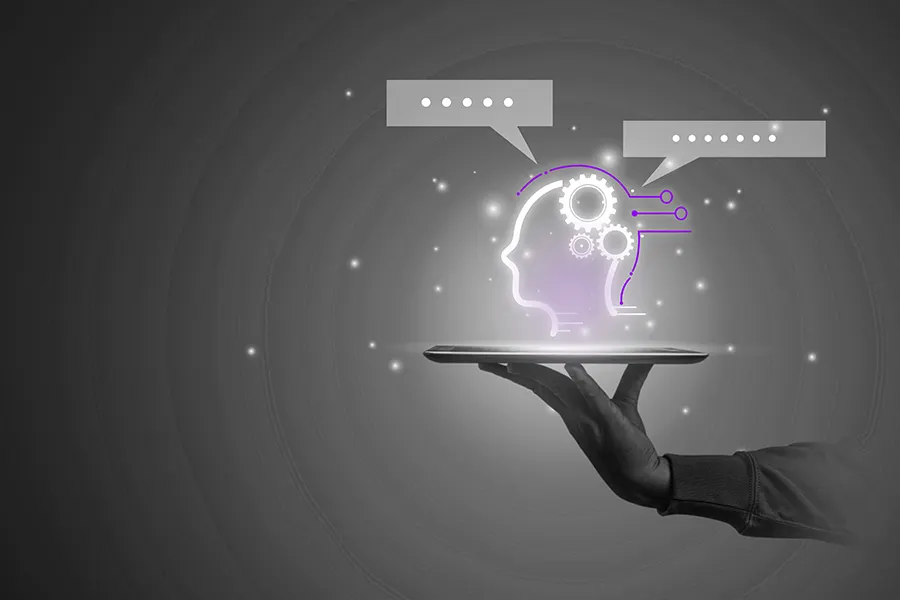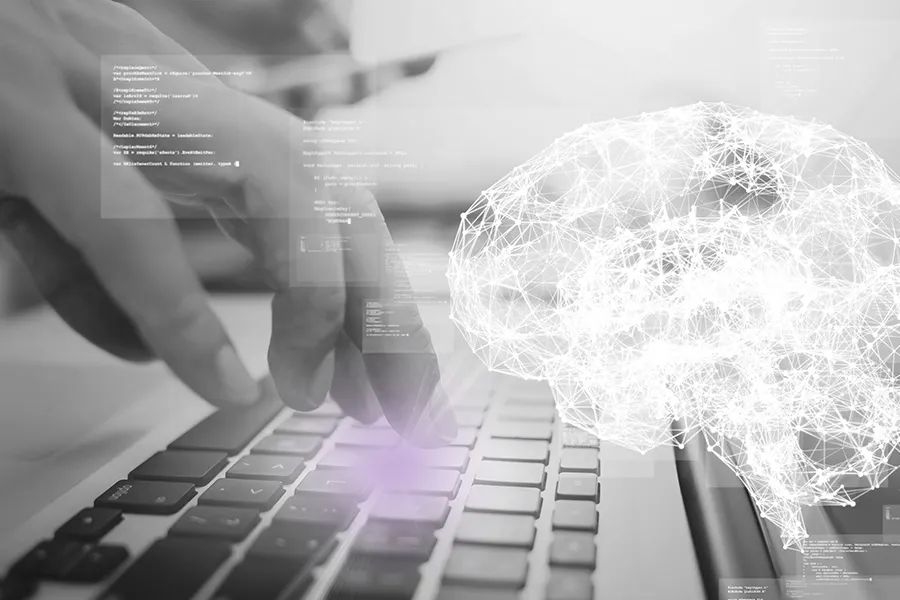Types of AI in Marketing

The marketing industry constantly evolves, and Artificial Intelligence has emerged as a powerful force changing the game. It is more than just a buzzword and has become a game-changer that revolutionizes how businesses reach and engage with their target audience. AI is transforming the marketing landscape by enabling predictive analytics and personalized content recommendations, and here is how.
1. Predictive Analytics: Anticipate Your Audience's Needs
One of the most remarkable applications of AI in marketing is predictive analytics. It goes beyond past data to forecast future trends and consumer behaviors. Anticipating your audience's needs empowers you to tailor campaigns.
2. Chatbots: 24/7 Personalized Customer Support
Efficient customer service is essential for the success of any business. With the advent of AI-powered chatbots, virtual assistants are available 24/7, responding promptly to customer inquiries. They can assist with frequently asked questions, guide through various processes, and even facilitate purchases. By doing so, they enhance the overall customer experience while freeing up valuable human resources for more complex tasks.
3. Content Optimization: Tailored for Maximum Impact
Creating compelling content is just one part of the equation. Ensuring that it reaches the right audience at the right time is where AI steps in. Content optimization tools analyze user behavior, preferences, and engagement patterns to deliver personalized recommendations. This means your audience receives content that resonates with them, driving higher engagement and conversions.
4. Email Marketing: Precision Targeting for Maximum Impact
Email marketing remains a cornerstone of digital marketing strategies. With AI, it becomes a hyper-targeted powerhouse. AI-driven algorithms segment your audience based on behavior, preferences, and demographics. This allows you to send highly relevant and timely messages, increasing open and conversion rates.
5. Ad Targeting: Laser-Focused Campaigns
Nowadays, it's not enough to advertise to the masses and hope for the best. With the power of AI, you can precisely target your ads to the most promising leads. AI analyzes various data points like browsing behavior, demographics, and past interactions to ensure your ads reach the most likely convert audience. This results in optimizing your ad spending and maximizing your return on investment (ROI).

The Stages of AI
Artificial intelligence progresses through three distinct stages, primarily determined by its ability to replicate human capabilities:
- Narrow Intelligence (ANI): This constitutes the majority of AI systems today. ANI is engineered to perform specific tasks or tasks, lacking the capacity to learn or adapt beyond their programming. Chatbots, virtual assistants like Siri, and recommendation algorithms fall under this category.
- General Intelligence (AGI): Representing the next phase of AI evolution, AGI aspires to mimic human-like intelligence. These systems can learn and adapt to new situations and engage in abstract thinking, reasoning, and problem-solving. Currently, AGI remains predominantly theoretical.
- Superintelligence (ASI): Artificial Superintelligence (ASI) is a highly advanced form of AI that surpasses human intelligence. It can solve complex problems, develop new technologies, and make decisions beyond human comprehension. The potential advantages and disadvantages of ASI are currently being intensely debated.
While these stages are broadly accepted, ongoing discussions persist regarding the precise delineation of each step and the further feasibility, or even advisability, of evolving AI.
Top Types of AI in Marketing
At present, reactive and limited memory AI, both subcategories of narrow AI, constitute the entirety of AI applications. This means that AI tools marketers utilize are exclusively reactive or a combination of reactive and limited memory.
Chatbots can embody both reactive and limited memory AI. For instance, a rule-based chatbot following an if/then model and programmed with predefined responses is categorized as reactive AI due to its structured approach.
As we've explored the various types of AI in marketing, it's clear that this technology is a game-changer. It's not just about automation but precision, personalization, and, ultimately, unprecedented results. Incorporating AI into your marketing strategies isn't just a choice; it's a strategic advantage in today's competitive landscape.
